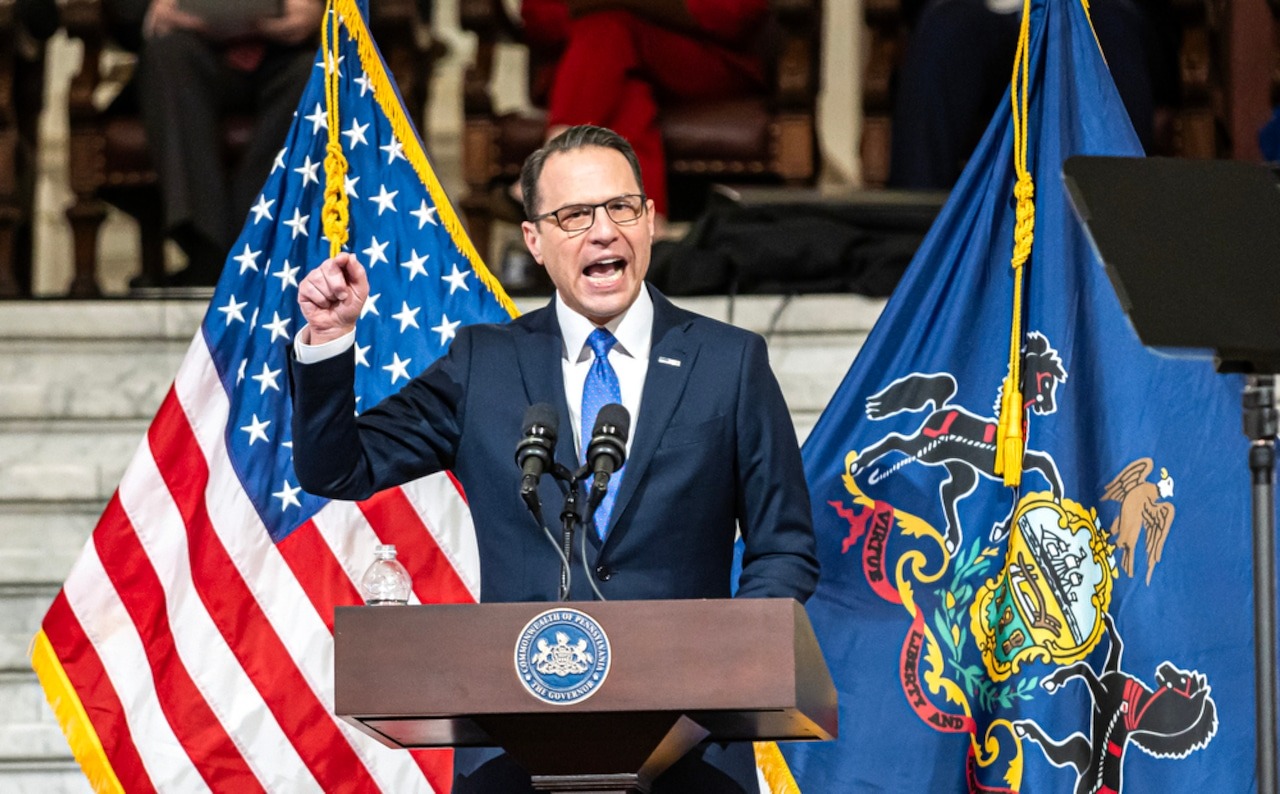Today, Governor Josh Shapiro of Pennsylvania advocated for women’s autonomy in making healthcare decisions and their right to access comprehensive reproductive healthcare.
He urged health insurers in the state to enhance the accessibility and affordability of contraception, introducing new guidelines on insurance coverage that could potentially save women nearly $250 annually on over-the-counter (OTC) contraception.
The governor emphasized the importance of birth control as a symbol of personal freedom and empowerment for millions of women. He called upon insurance companies to provide coverage for OTC contraceptives, including the newly FDA-approved OTC daily birth control pill, Opill, with or without a prescription.

Insurers were encouraged to exempt this medication from lengthy drug exception processes. Governor Shapiro asserted that affordability should not be a barrier to accessing birth control and vowed to hold insurers accountable for ensuring coverage.
The Pennsylvania Insurance Department (PID) would require insurers not covering OTC contraception to justify their decision, ensuring compliance with federal law and regulations.
Pennsylvania Insurance Commissioner Michael Humphreys echoed the governor’s sentiments, emphasizing the need to eliminate barriers to reproductive healthcare. He underscored the role of insurers in improving access to contraceptive care and committed to advocating for coverage of OTC contraception as a best practice.

The recent FDA approval of Opill for nonprescription use provides Pennsylvanians with a convenient option to purchase birth control without a prescription.
Governor Shapiro’s administration has consistently championed reproductive rights, including launching a website for reproductive healthcare resources and defending access to birth control under the Patient Protection and Affordable Care Act.
In December, Governor Shapiro, along with six other Governors, urged the federal government to ensure full insurance coverage for the FDA-approved OTC daily birth control pill. The goal is to prevent anyone from being denied critical reproductive healthcare due to financial constraints.


